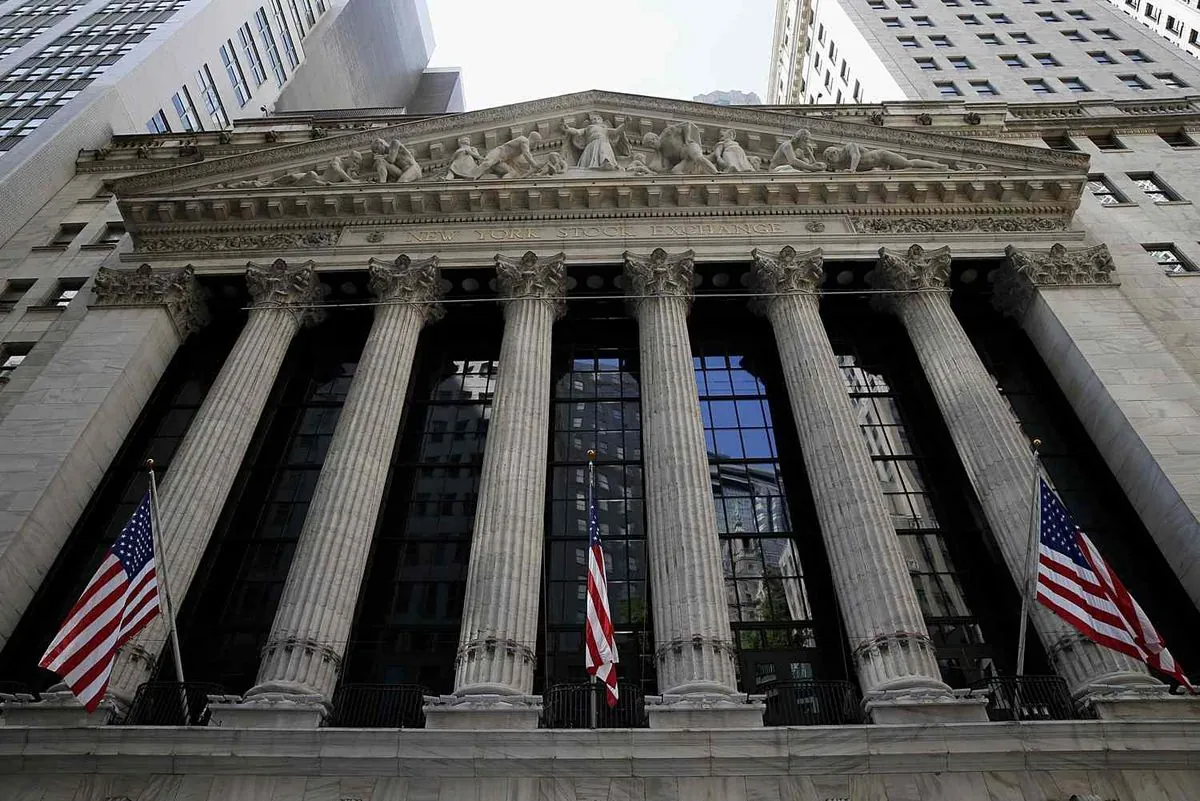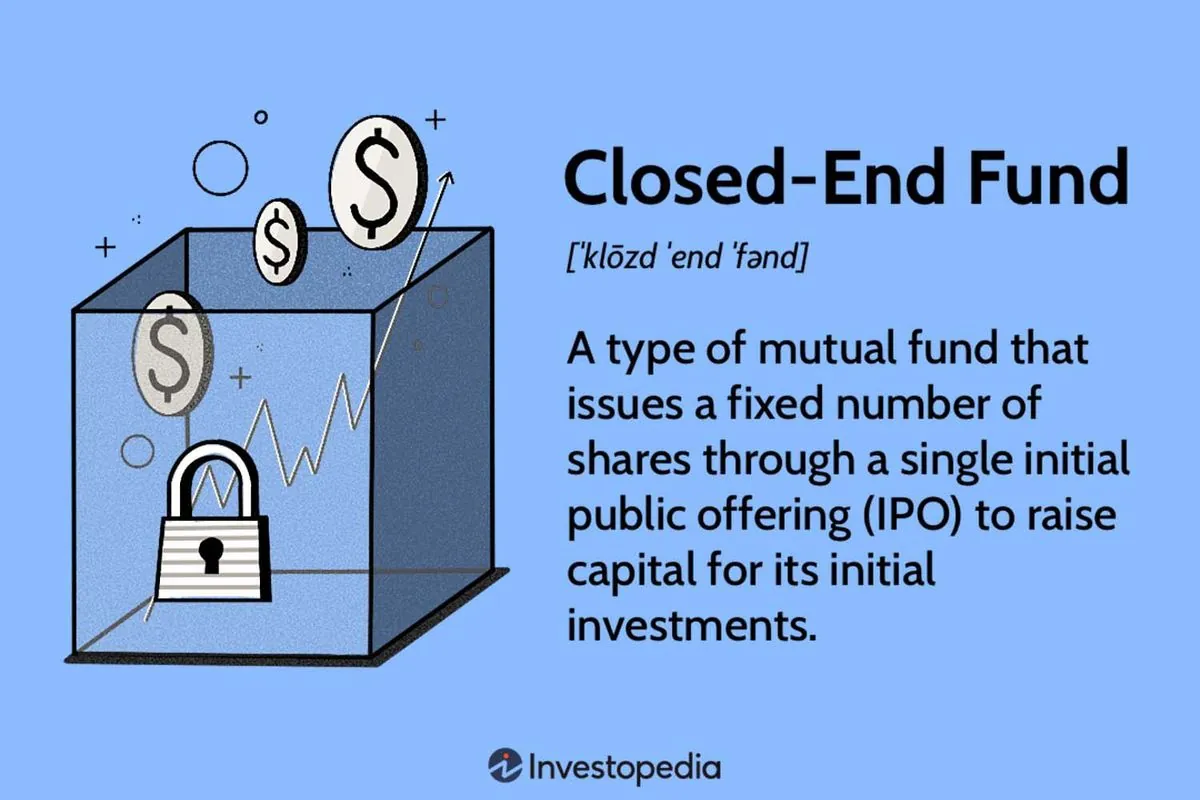NYSE Proposal to Eliminate Closed-End Fund Meetings Sparks Debate
NYSE's proposal to exempt closed-end funds from annual shareholder meetings faces opposition. Critics argue it could limit investor rights and protect underperforming funds from activist challenges.

The New York Stock Exchange (NYSE) has proposed a rule change that would eliminate the requirement for closed-end funds to hold annual shareholder meetings. This move, announced on July 3, 2024, has ignited a debate among investors, academics, and industry professionals.
Closed-end funds, first introduced in the 1890s, differ from open-end mutual funds and Exchange-Traded Funds (ETFs) in that they issue a fixed number of shares traded on exchanges. As of the end of 2023, these funds held $249 billion in assets, compared to $33 trillion in open-end funds and ETFs.

The proposal has drawn support from organizations like the Investment Company Institute and the Securities Industry and Financial Markets Association. They argue that annual meetings for closed-end funds are costly and unnecessary, given low retail investor participation.
However, critics, including activist investors and academics, view the proposal as potentially harmful to shareholder rights. Boaz Weinstein's Saba Capital Management, known for challenging underperforming BlackRock closed-end funds, argues that eliminating annual meetings would make it harder for investors to effect change.
A group of economists, led by Wharton School Professor Daniel Taylor, likened the proposal to granting closed-end funds a takeover defense. They contend that activist investing creates opportunities for shareholders to sell shares closer to a fund's Net Asset Value (NAV), a concept introduced in the 1940s.
The NYSE, founded in 1792 and now owned by Intercontinental Exchange, claims to have the largest share of closed-end fund listings. The exchange's proposal, along with a similar one from Cboe BZX Exchange, requires approval from the Securities and Exchange Commission (SEC).
"The proposal represents a destruction of the very rights shareholders were told they had when they bought these funds."
This debate highlights the ongoing evolution of investment vehicles since the first mutual funds emerged in the 18th century Netherlands. As the industry continues to grow, with innovations like the first ETF in 1993 and the rise of activist investing in the 1980s, the balance between fund management and shareholder rights remains a critical issue.
The SEC, established in 1934 following the 1929 stock market crash, now faces the task of weighing these competing interests. Their decision could significantly impact the $249 billion closed-end fund market and set a precedent for future regulatory changes in the investment landscape.


































